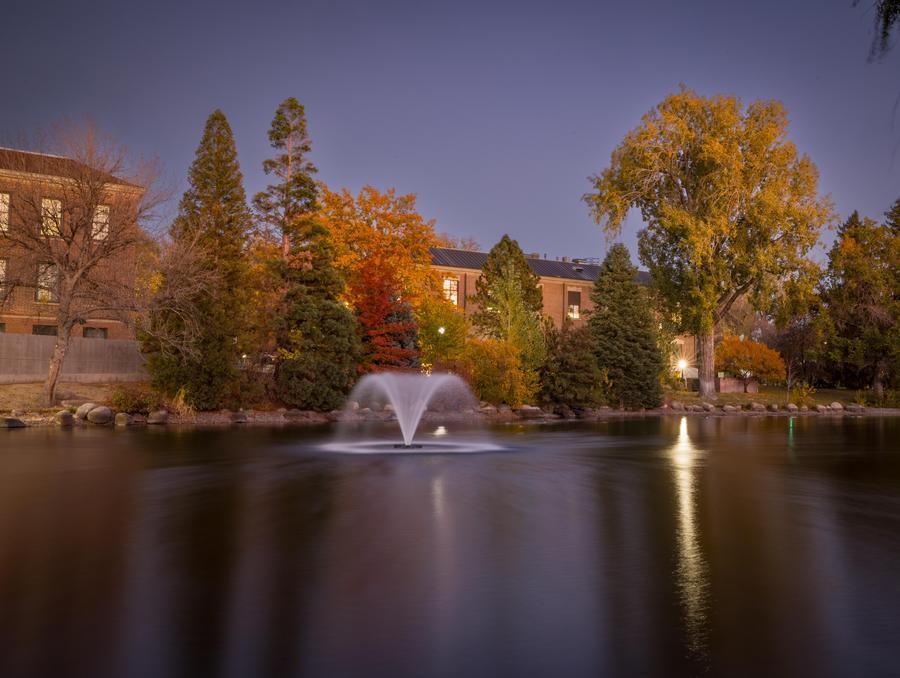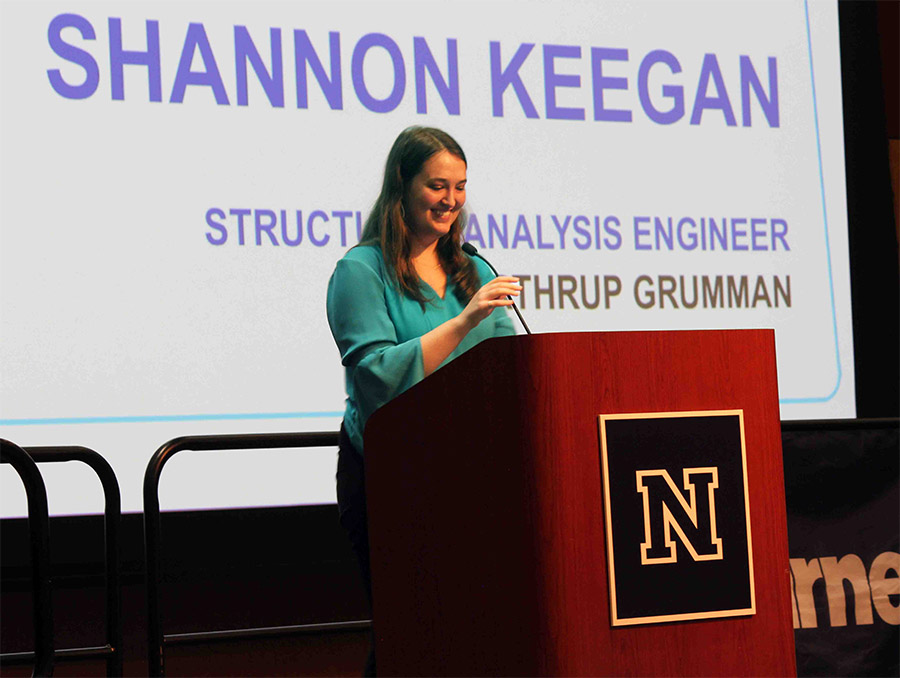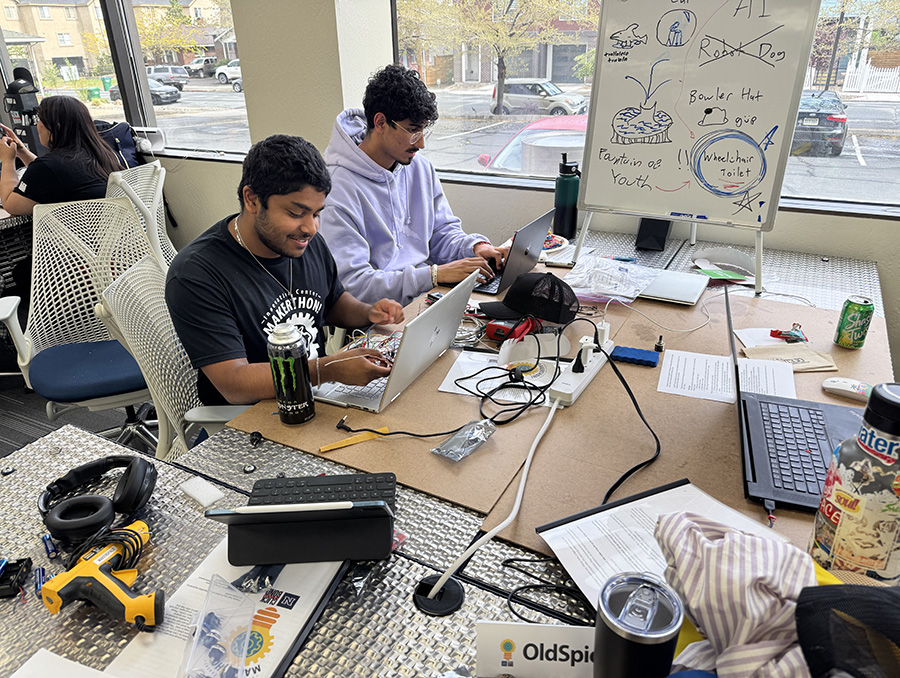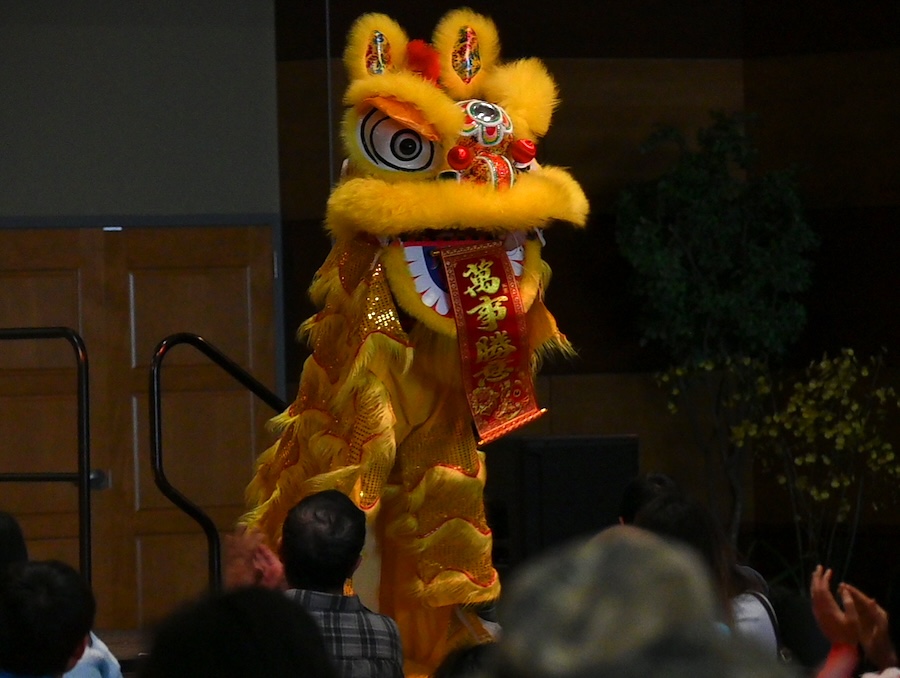Childhood is a time of exploration, learning and development, but when it comes to early learning education, it's not uncommon for these cornerstones of early life to be forgotten in favor of standardized, formulaic educations. The University of Nevada, Reno's Early Learning Center is working to change that by shifting early education from standardized methods, to personalized learning outcomes.
Since its inception in 1972, The Early Learning Center has been committed to bringing together the research that happens at the University and implementing it in the classroom. This partnership with the Washoe County School District allowed for the ELC to focus on research and led it to become a diverse learning environment representative of the County as a whole by incorporating students from a nearby school in addition to word-of-mouth referrals. That practice remains today as they fill up to 24 available spots, eight in the first grade, eight in the second grade and eight in the third grade. Most students return to their zoned schools after completing the program at the ELC, though parents throughout the years have expressed interest in a multi-grade classroom for grades four through six at the University, according to the Center's director, Mary Magee.
According to Magee, it's not just the commitment to diversity or exposure to research that makes the ELC stand apart from other early education programs. One of the most innovative pieces of the classroom is the fact that the ELC is a multi-age, multi-grade classroom allowing students to work at their grade level, regardless of age. Magee says that teaching developmentally rather than by grade level allows students to flourish.
"This enables students to work with one another in a way that isn't possible in a single grade classroom," Magee said. "For instance, there are more opportunities for the students to work and develop at their own individual level because ‘grouping' is more flexible. While students are challenged academically, they are less inclined to compete in a negative way. The learning atmosphere is cooperative and positive. Students are very helpful towards each other and build camaraderie that result in a peaceful classroom with very few discipline issues."
The benefits of separating students into groups developmentally rather than by age go far beyond the social implications. This also challenges and accommodates students academically in a way that is simply not part of a typical early-learning education, according to Magee. Using this learning model, students are encouraged to do their very best and build confidence while also using tactile objects and group work as effective learning tools.
Not only is teaching developmentally rather than by grade level helpful to students, but having the ELC on a university campus comes with additional advantages and resources not typically available in early education.
"We visit the Keck Museum, the Museum of Natural History, as well as the Knowledge Center and the Planetarium," Magee said. "We also benefit from several guest speakers who visit our classroom. We attend free concerts in which university students perform. We participate in educational interactive science/chemistry demonstrations with university students. We gather data on nature walks throughout the campus. The opportunities are endless."
While the ELC makes field trips and tactile learning much more available to young students, it also exposes them to higher learning. It is at the University where the children can see college students working on their practicum, or professors researching various educational and social developments in school-aged children. According to Magee, there is nothing else like it available to students locally.
"I think it sets standards for developing education initiatives," Magee said. "We know it's important to challenge the kids, and we know that sometimes kids are not challenged in a traditional education. If we just expect the minimal, we're going to get the minimal. But if you expect great things, the students will rise to the occasion."
For more information about the College of Education's Early Learning Center visit unr.edu/education/centers/elc.











